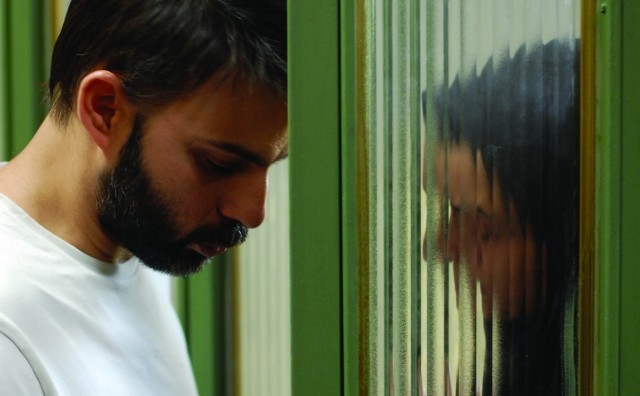Culture
“A Separation” a modern masterpiece

A Separation
dir. Asghar Farhadi
Release Date: Jan 27, 12
- 1
- 2
- 3
- 4
- 5
- 6
- 7
- 8
- 9
- 10
Pardon me for biting the format that feeds me, but I really don’t know if a review is the best way to deal with Asghar Farhadi’s masterpiece, A Separation. It’s a film that needs to be discussed, argued about and endlessly picked apart, and I could honestly talk about it for days. Not only was it the best film of the year, but it would also be the best film of most years, one that should stand as one of the greatest films ever made.
The most fascinating thing about A Separation isn’t what happens, necessarily; it’s the way the film deals with it. Consider the plot. The film opens during divorce proceedings. Simin (Leila Hatami) wants to take her daughter abroad to seek our better opportunities for her, but her husband Nader (Peyman Moadi) decides the family should stay to take care of his Alzheimer’s-stricken father. The judge grants a divorce between the two but leaves the issue of their daughter up to the family. This is not a matter for the courts.
As Simin is leaving, Nader must find someone to take care of his father and the house for him. He hires Razieh (Sareh Bayat), the pregnant sister-in-law of a friend of Simin’s, who needs extra money to support her unemployed husband. Because she cannot get work without the approval of her husband, Razieh asks the family to keep her new occupation a secret. One day, not long after the arrival, the new housekeeper leaves the house for unknown reasons and ties Nader’s father to the bed. While she is gone, he falls off and nearly dies from lack of oxygen, and Nader finds him unattended. When Razieh returns, Nader accuses her of neglect and of stealing money from his house. He aggressively forces her out of the apartment.
Later that day, we discover that Razieh is in the hospital. She has lost the baby and is suing Nader for causing it, as she alleges that he pushed her down the stairs, and the rest of the film unfolds as a court case between them. Nader believes he had nothing to do with it, and Razieh needs him to be at fault, for many reasons. As you can see, this is quite a bit of plot for one movie to deal with, and one cannot help but silently chuckle at certain moments, as the situation gets worse and worse. This would be a lot of drama even for a cast of The Real Housewives.
However, Farhadi doesn’t play his script for telenovela effect, although it could easily function as an episode of Revenge. His tone is empathetic, and we can see the ways in which all of the characters are morally justified in their actions and ways in which they are all guilty. Although Farhadi isn’t a moralist, he lets none of his characters off the hook. Everyone in this film has a clear and passionate stake in the outcome, even though getting what they deserve might not be the best thing for them. In particular, the case of the exceptionally devout Razieh shows that even if you win in the end, you just may lose your soul.
For me, the ethical and religious undertones of this film are what elevate the script from a dolorous morality thriller to a serious comment on the everyday struggles of modern Iranians. Farhadi and his flawless script depict the film’s four central characters – the husband, the wife, the alleged thief and her husband – as a microcosm of a country in transition. Not only do the conditions of living under a modern theocracy put incredible constraints on social existence, but the film also indicates how the slow demise of patriarchy in the country is affecting its social character.
Although the separation that marks the film’s beginning and close only involves the two central characters, it stands a symbol for the growing chasm between the new and old Iran, and the upheaval it’s causing. During the film’s climax, a great shot encapsulates this perfectly, as Razieh and Nader’s daughters look at each other with tears in their eyes, overwhelmed by the mess their parents have gotten them into. Farhadi shows us that, even though neither of the couples get off easy, their children will be the ones left to clean up the mess. The same can be said for Iran.